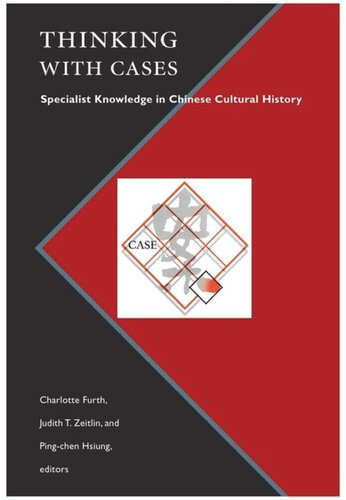

Most ebook files are in PDF format, so you can easily read them using various software such as Foxit Reader or directly on the Google Chrome browser.
Some ebook files are released by publishers in other formats such as .awz, .mobi, .epub, .fb2, etc. You may need to install specific software to read these formats on mobile/PC, such as Calibre.
Please read the tutorial at this link: https://ebookbell.com/faq
We offer FREE conversion to the popular formats you request; however, this may take some time. Therefore, right after payment, please email us, and we will try to provide the service as quickly as possible.
For some exceptional file formats or broken links (if any), please refrain from opening any disputes. Instead, email us first, and we will try to assist within a maximum of 6 hours.
EbookBell Team

0.0
0 reviewsCase studies fascinate because they link individual instances to general patterns and knowledge to action without denying the priority of individual situations over the generalizations derived from them. In this volume, an international group of senior scholars comes together to consider the use of cases to produce empirical knowledge in premodern China. They trace the process by which the project of thinking with cases acquired a systematic and public character in the ninth century CE and after. Premodern Chinese experts on medicine and law circulated printed case collections to demonstrate efficacy or claim validity for their judgments. They were joined by authors of religious and philosophical texts. The rhetorical strategies and forms of argument used by all of these writers were allied with historical narratives, exemplary biographies, and case examples composed as aids to imperial statecraft.
The innovative and productive explorations gathered here present a coherent set of interlocking arguments that will be of interest to comparativists as well as specialists on premodern East Asia. For China scholars, they examine the interaction of different fields of learning in the late imperial period, the relationship of evidential reasoning and literary forms, and the philosophical frameworks that linked knowledge to experience and action. For comparativists, the essays bring China into a global conversation about the methodologies of the human sciences.
Contributors: Chu Honglam, Charlotte Furth, Hsiung Ping-chen, Jiang Yonglin, Yasuhiko Karasawa, Robert Sharf, Pierre-Étienne Will, WuYanhong, Judith T. Zeitlin.